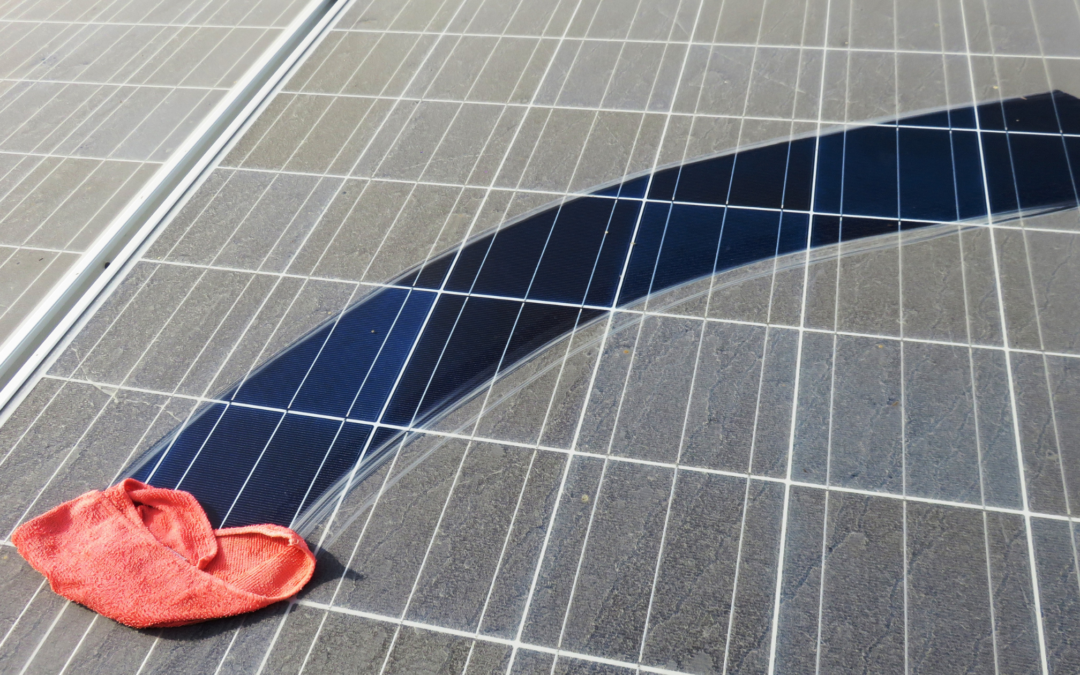Durability and Lifespan for Eco-Friendly Homes
Solar panels are a great investment for homeowners looking to reduce their carbon footprint and save money on energy bills. However, it’s important to understand the lifespan of your panels before making the investment. Being aware of the lifespan of your panels also allows you to make long-term plans to maximize your return on investment.
On average, panels last between 25 and 30 years, offering you a long period of clean, sustainable energy that reduces both your carbon footprint and your monthly energy bills. However, some factors can influence this timeframe.
What Makes Up Solar Panels
Solar panels are comprised of photovoltaic (PV) cells, which convert sunlight into electricity. These cells are protected by glass and framed together – a robust structure designed to withstand the elements. Over time, sunlight and other weather conditions cause the natural degradation process in these protected cells. Although it gradually reduces the panel’s efficiency, it does not signal the end of its useful life.
Factors Influencing Solar Panel Lifespan
The quality of the solar panel stands as the most influential factor determining its lifespan. High-grade panels incorporate durable materials equipped to brave harsh weather conditions, leading to longer service life. Additionally, the accuracy of installation, the orientation of the panels, and the degree of sunlight exposure also play significant roles in a panel’s lifespan.
Degradation – A Natural Aspect of Solar Panel Lifespan
Solar panel degradation is unavoidable. Yet, the extent and rate of degradation can vary across different factors, such as the quality of the panel, the accuracy of its installation, and the extent of sunlight exposure. While a minor decrease in efficiency might occur, it doesn’t negate the overall benefits of investing in solar panels.
Maximizing the Lifespan of Your Solar Panels
Solar panels boasting a lifespan of 25 to 30 years are not set in stone. As a homeowner, you can take certain actions to extend their service life.
Invest in Premium Quality Solar Panels: High-grade panels, marked by efficient performance and long-lasting materials, produce more energy throughout their lifespan. Their durability against inclement weather also prolongs their operational life.
Ensure Correct Installation: Properly installed solar panels are more resilient, leading to maximized energy production and longer service life. Therefore, it is advisable to hire experienced solar panel installers like Planet Connection.
Maintain Your Panels Regularly: Regular inspections ensure your panels function optimally. Regular cleaning also helps remove dust or debris that could block sunlight and reduce efficiency.
Solar Panel Maintenance Tips
Clean Your Panels: Regular cleaning ensures optimal functionality. Use a soft brush, cloth, and water to clean the panels and avoid harsh chemicals or abrasive materials that could damage them.
Monitor Your Panels: Regularly check the output of your panels and compare it to the expected output. A significant discrepancy should prompt you to enlist a professional to inspect the panels.
Address Damaged Panels Promptly: In case of any damage to your panels, swift repair or replacement is critical. Neglected damages could reduce system efficiency and lead to additional damage.
Solar panels present a tremendous opportunity for homeowners to lessen their environmental impact while witnessing substantial savings in energy costs. Understanding their average lifespan and the factors influencing it is crucial in making an informed investment. Remember, your efforts to invest in premium quality panels, ensure proper installation through a trusted solar contractor, and perform regular maintenance pave the way for a more extended, beneficial use of solar energy, contributing to your financial savings and a greener planet.


Recent Comments